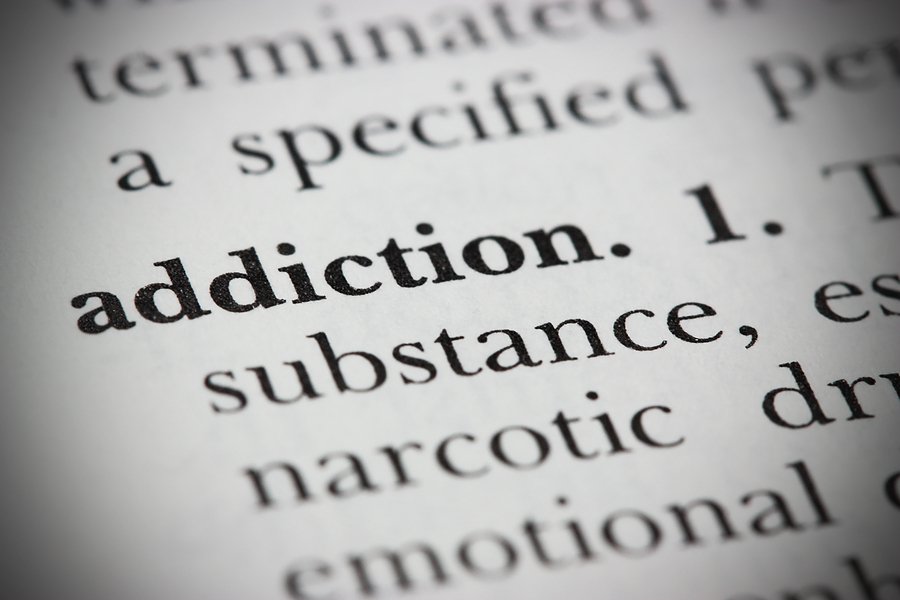A critical part of recovery is forgiveness. Forgiveness must not be mistaken for acceptance. And, forgiveness does not mean you have to allow that person into your life again which is a very common misconception.
But, how do you forgive someone that truly hurt you? It’s complicated right? Think about forgiveness like this. When you forgive someone you are focusing on yourself. It’s not about them. You are not giving them permission to do it again or saying that what they did was okay. You are forgiving them so that you can move on and not live in the past. When you let go of old resentments you will be amazed at how free you will feel.
Once you start the forgiveness journey understand that it’s a process. You won’t just one day suddenly forgive someone and then feel free. The process will take time and you will need to allow your mind to work through all of the old feelings associated with that person. A good place to start is to recognize that everyone in this world has been hurt at some point in their life. Once you identify this important fact you will be able to put yourself in their shoes and try to know that what they did to you or how they made you feel may not have been their true intentions.
Good luck with this as we know this may be one of the hardest things you have to do.
Share your forgiveness story with us at liverehab@liverehab.com We will anonymously publish it on our Facebook page so that your story can inspire others who are struggling with this.
